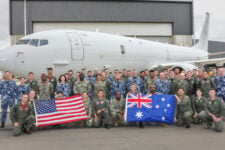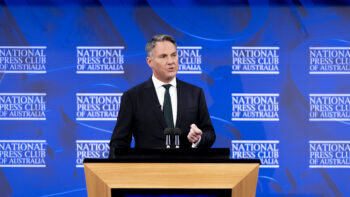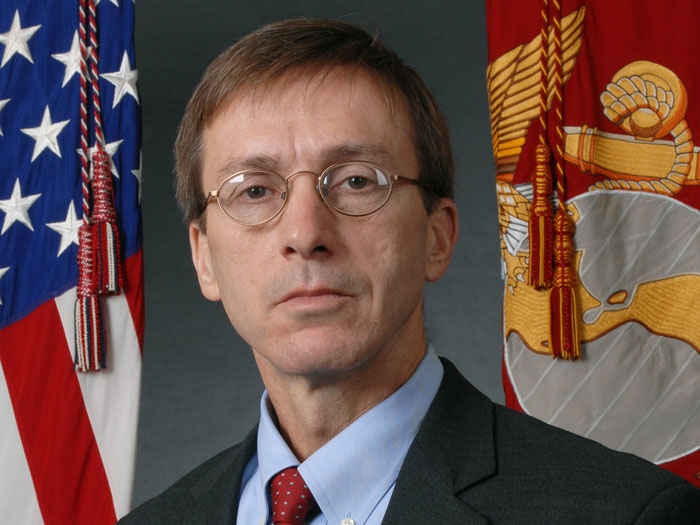
Sean Stackley
NATIONAL HARBOR: In their desperation to convince Congress that budget gridlock hurts military readiness, Navy officials made public some information that they shouldn’t have, Acting Secretary Sean Stackley told reporters here today. It’s this oversharing of readiness data, along with too much detailed talk about future capabilities that prompted the Chief of Naval Operations, Adm. John Richardson, to issue a March 1 memorandum urging all naval personnel “to ensure we are not giving away our competitive edge by sharing too much information publicly.”
Public Communication Guidance Signed by BreakingDefense on Scribd
Many of my fellow reporters here at the Navy League’s Sea-Air-Space conference said they’d felt a chilling effect from the CNO’s memo. I myself saw three admirals cite the need to say less in public. And, unlike in past years, the CNO himself didn’t address the conference in any public forum. (Richardson was consumed with prep for today’s congressional hearing on the danger of a full-year Continuing Resolution, Stackley said).
So naturally the new policy came up when Stackley sat down with us this afternoon. His response is worth quoting at length.
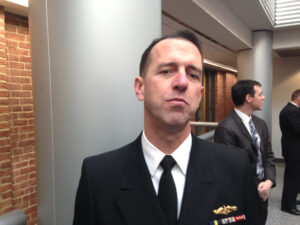
Adm. John Richardson
“We’re having a dialogue with Congress, trying to get Congress to understand the impacts associated with Continuing Resolutions, the shape that our budget is in, and the impacts that has on things like fleet readiness,” Stackley said. “And in doing that… what had been happening is, people were leaning further and further into talking about details associated with readiness — hey, that’s classified. We don’t promulgate that information.”
“We can share that information with the Congress behind closed doors, but we don’t want to share that information with our competitors,” Stackley continued, “so there has been a pullback in terms of how much detail we put out regarding materiel readiness.”
Stackley’s staff clarified to me afterwards that he was not accusing anyone of improperly disclosing classified information. That’s a relief. But a central point of the CNO’s memo, and of Stackley’s comment, was that even unclassified data can be damaging if disclosed.
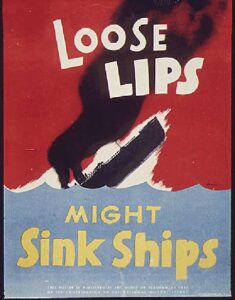
World War II propaganda poster
“Sharing information about future operations and capabilities, even at the unclassified level, makes it easier for potential adversaries to gain an advantage,” Richardson writes. “Scrutinize information and protect it. Avoid events that are primarily for marketing….”
“China’s watching everything that we do, and we want to be very measured about what we put out in open, public forums,” Stackley said. “Are we in fact sharing information that creates vulnerabilities, crosses the line in terms of security?”
“I’ve read pieces myself, I’ve seen things in the literature (that made me think), ‘what the heck is this doing in the press?'” Stackley said. “These are our secrets, and we don’t need them to know exactly what we’re doing, how we’re doing it.”
“We do have a responsibility to share information with the public, (but) we need to be more measured about the information we’re pushing out in the public domain,” Stackley said. “There’s some recalibration going on, rightfully so. We have a very aggressive competitor out there.”
Multi-ship amphib buy could net $900M in savings, say Navy, Marine Corps officials
Lawmakers gave the Navy authorities to ink a multi-ship amphib deal years ago, but the service has not utilized that power yet.













